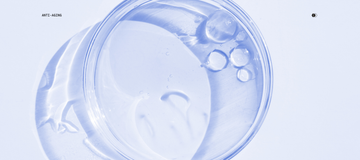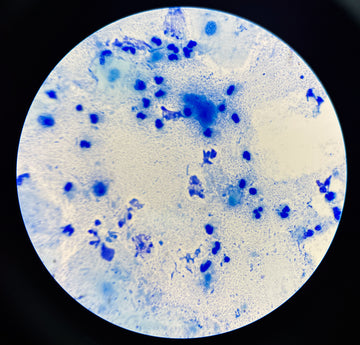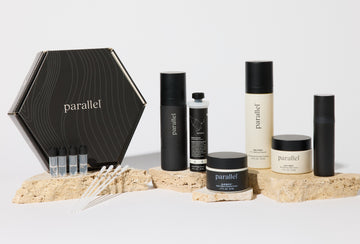When is it Time to Test Your Skin Microbiome? (Hint: it might be now!)
by Parallel Health Team
Testing your skin microbiome is not just reserved for times of crisis or concern—it's a proactive step towards understanding and optimizing your skin's health. Here are some signs that you should test your skin microbiome:
- You changed one or more of the 3 Ls: location, lifestyle, life partner
Life is full of transitions, and our skin reflects these changes. These changes can be significant to your skin microbiome:
- Moving to a new city that exhibits changes in humidity, temperature, and pollution,
- Changing your lifestyle, especially if you are encountering heightened stress levels or a diet that is not as healthy
- Welcomed a new partner, baby, or roommate into your life
Life changes like those above may significantly affect the delicate balance of your skin microbiome. If you’ve experienced the above recently, now would be an opportune time to assess the state of your skin microbiome and ensure it remains in optimal balance.

- You’re dealing with a new or persistent skin issue
Persistent skin issues, such as eczema, acne, rosacea, hidradenitis suppurativa, psoriasis, or dermatitis, can be a source of frustration and discomfort. Despite the multitude of skincare products, treatments, and prescriptions available, finding effective solutions often feels like navigating through a maze. Traditional approaches to skin health often focus solely on symptom management, overlooking the underlying microbial imbalances that may be driving these conditions. This is where testing your skin microbiome steps in, offering data-backed answers and insights using AI algorithms and whole genome sequencing.
By identifying microbial imbalances with Parallel’s MD-03 Phage Protocol, which includes free microbial testing, you can tailor your skincare regimen to alleviate persistent skin issues effectively.
- You’re concerned about skin aging
Aging gracefully is a universal aspiration, and understanding the role of the skin microbiome is key to this goal. Research indicates that age-related alterations in the skin microbiome contribute to skin aging processes, including inflammation, oxidative stress, and impaired barrier function. By assessing the state of your skin microbiome, you can gain a deeper understanding of how microbial changes influence the aging process and implement targeted interventions to support skin health and vitality.
- You’ve taken antibiotics and are curious about your level of antibiotic resistance
Antibiotics can change your skin microbiome. Namely, your diversity can decrease and the bacteria that inhabit your skin can grow resistant to antibiotics, making antibiotics less efficacious for you in the short and long term. Parallel’s Skin Discovery Test, which is included twice a year for FREE with every Protocol, can you tell you whether you have these AMR genes in your bacteria or not.
- You tested over six months ago!
Like any aspect of your health and wellness routine, consistency is key when it comes to monitoring your skin microbiome. While the frequency of testing may vary depending on individual circumstances, experts recommend testing at least every six months as a general guideline. Regular testing allows you to track changes in your skin microbiome over time, identify trends or patterns, and adjust your skincare regimen accordingly. By incorporating consistent skin microbiome testing, you empower yourself to proactively manage your skin health and address any emerging issues before they escalate.




























